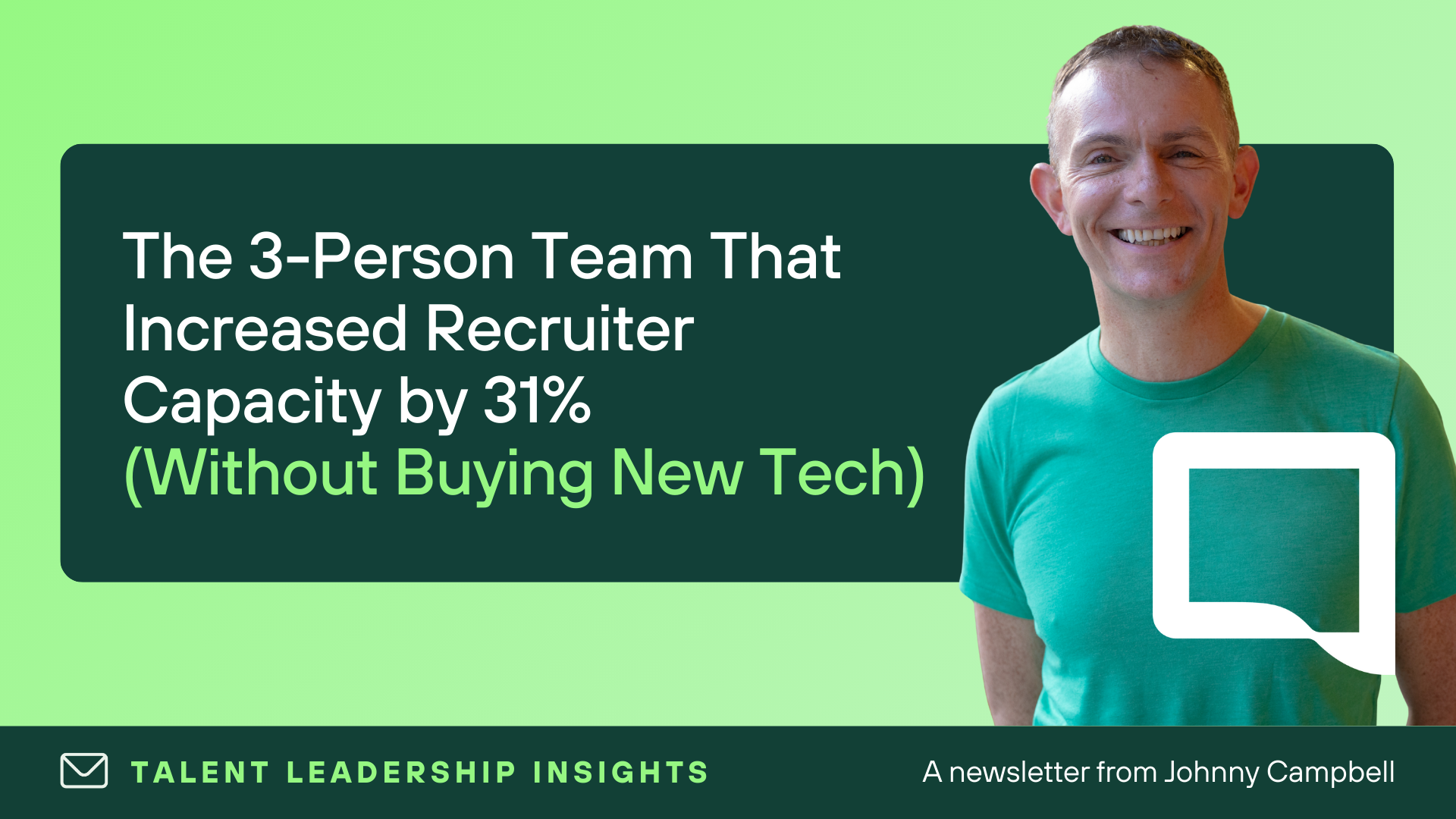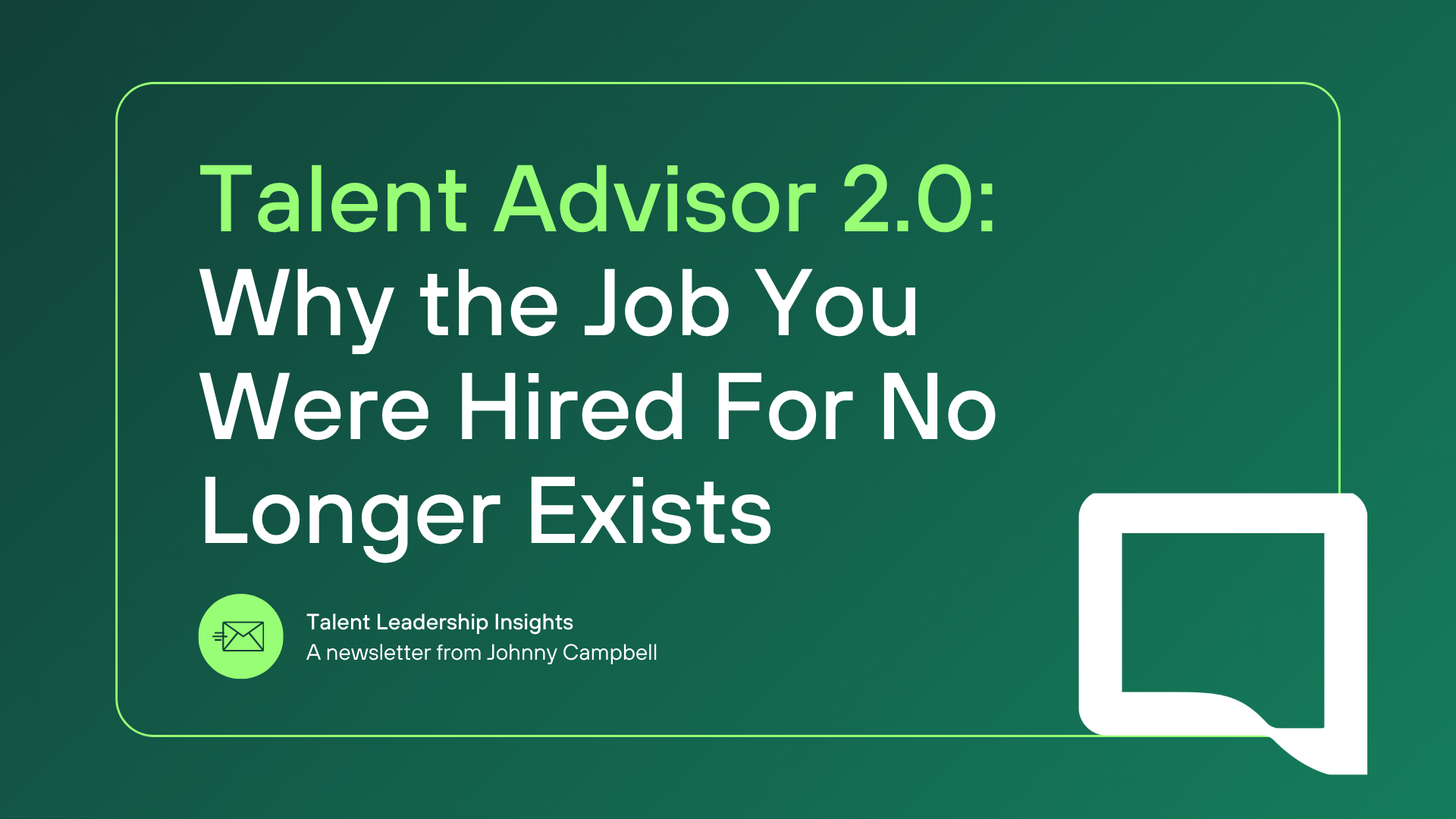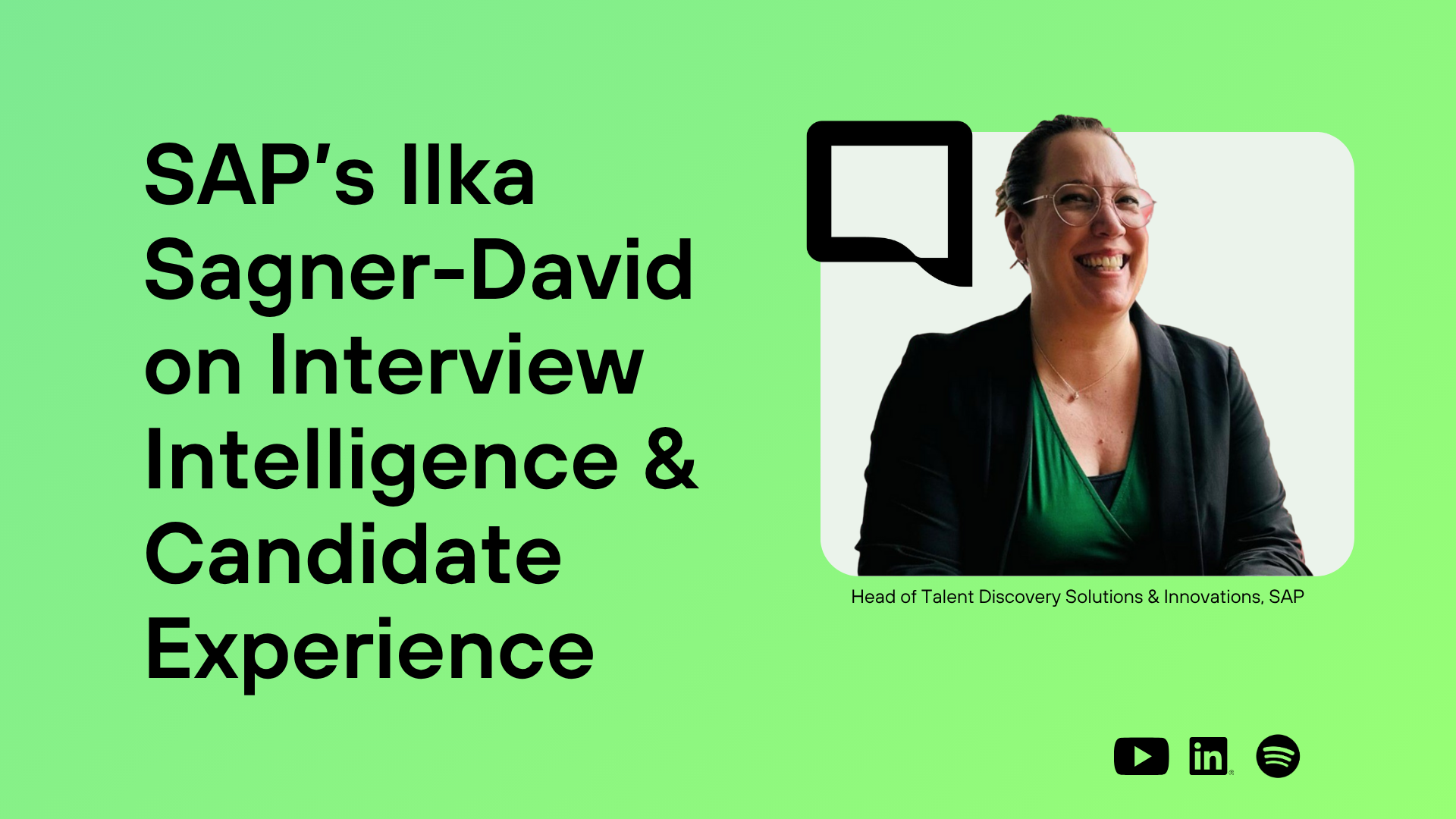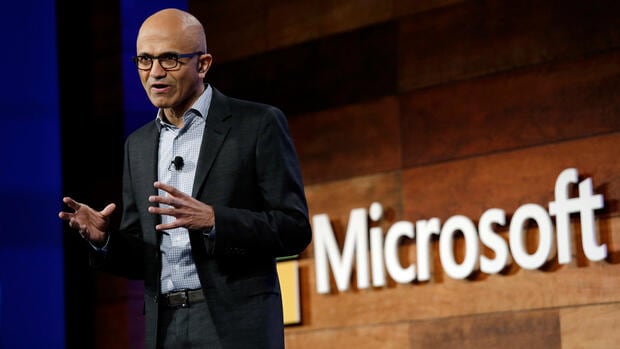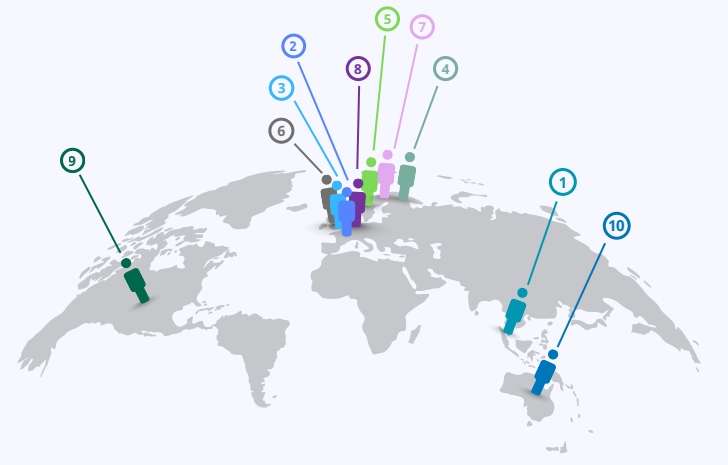Degrees and resumes used to be the gold standard for hiring. Today, they tell us very little about whether a candidate will succeed. Organizations can’t afford to rely on outdated signals in a world where skill needs shift faster than job descriptions can keep up.
That’s why skills-based hiring (SBH) is gaining traction. By focusing on what candidates can do rather than what’s on paper, companies can make more predictive and fairer hiring decisions.
The case for SBH is strong:
- McKinsey reports that 87% of companies face skill gaps today or expect them within five years.
- LinkedIn estimates that a skills-based approach could expand global talent pools by 6.1x.
- ADP found that 90% of companies using SBH report fewer hiring mistakes, and 94% say skills-based hires outperform those selected by degrees or experience.
The benefits are clear, yet many organizations struggle to put SBH into practice in a way that is both valid and defensible. Too often, companies build their approach on shaky foundations—outdated skills lists, subjective opinions, or leadership preferences—rather than scientific evidence.
Learn more about why education and experience don’t predict success.





